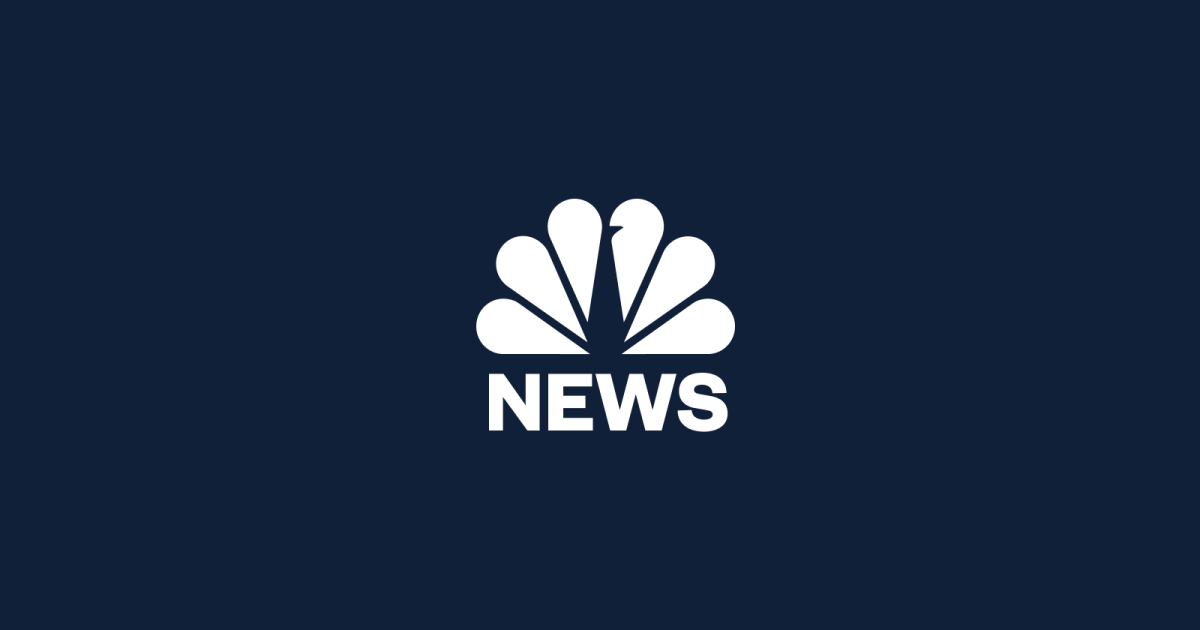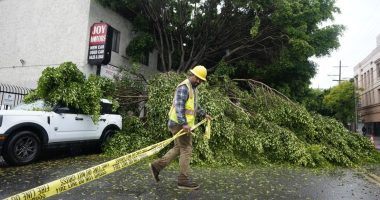
At least 20 people were killed and seven injured after a fuel tanker explosion in northern Lebanon early Sunday morning.
The Lebanese Red Cross reported its early death toll at about 4 a.m. local time after saying it was sending 22 teams to the site of the explosion in the Akkar region. It’s unclear who owned the tankers or what caused the explosion.
Former Prime Minister Saad Hariri called for a resignation from Lebanese President Michel Aoun following the explosion, characterizing it as another massacre for the country.
“The lives and security of the Lebanese are a priority,” he tweeted.
Akkar, a district just north of Lebanon’s largest city, Tripoli, had faced evacuations due to large wildfires that covered the region at the end of July.
Lebanon has been battling an ongoing fuel crisis that caused widespread blackouts all over the country Saturday, with some businesses offering refuge through the use of private generators.
The Lebanese Army announced Saturday that it “started raiding gas stations and confiscating the stored quantities of gasoline,” according to the National News Agency.
Earlier Saturday, the American University of Beirut Medical Center announced it would be forced to shut down by Monday as the fuel it has rationed to keep the private generators going has run dry. At least 40 adults and 15 children living on respirators would die immediately, the university warned in its statement.
“This comes at a time when AUBMC is facing crises at all levels: shortage in drugs and medications, shortage in medical supplies, and the more recent scandalous electricity cuts and impossibility of electricity production with no meaningful fuel deliveries for days,” the statement said.
The fuel crisis deteriorated rapidly in the past few days after Riad Salameh, the head of Lebanon’s central bank, declared an end to subsidies that helped cover the cost of fuel and other essential imports. A compounding economic disaster that has devalued the Lebanese pound by 90 percent since 2019, in addition to the subsidies, has drained the country’s reserves, Salameh said.
He argued that it would require legislation to dip into the bank’s mandatory reserve, as a portion must be preserved according to the country’s law.
More than half the Lebanese population below the poverty line and 77 percent of households do not have enough food or money to buy it, according to a UNICEF report published last month.
Reuters contributed.
Source: | This article originally belongs to Nbcnews.com









